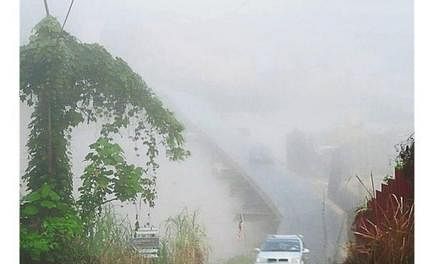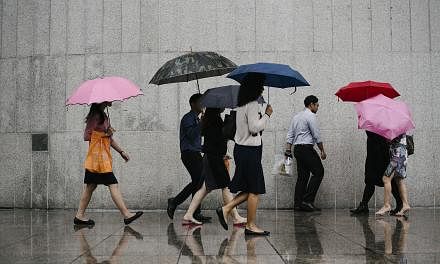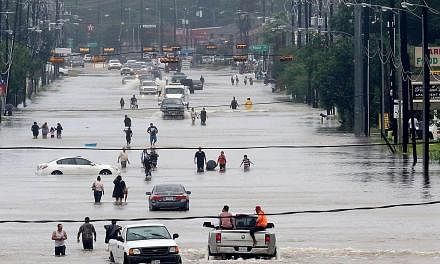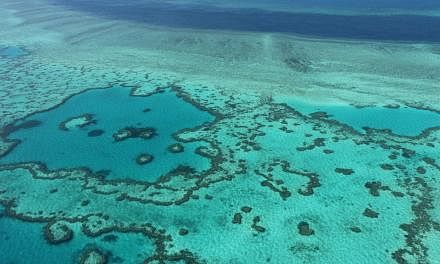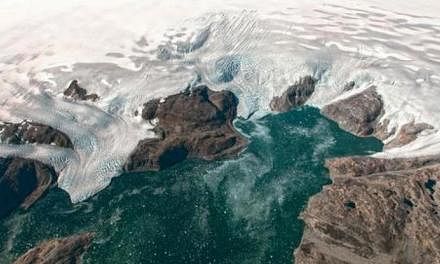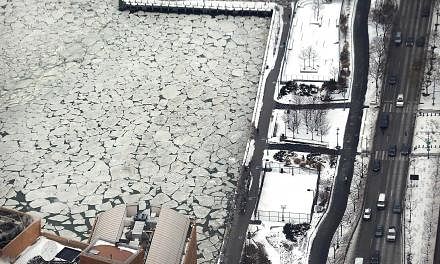SYDNEY - Sydney's residents have long prided themselves on their city's pleasingly moderate climate but they may need to reassess following a recent run of almost unbearable heat.
On Sunday (Jan 7), the city endured temperatures as high as 47.3 deg C, making it the hottest city on earth.
It "cooled" to around 43.6 deg C on Monday, before a ferocious early evening thunderstorm.
"Hot enough for you?" asked an editorial in Sydney's Daily Telegraph. Noting that the temperature on Sunday was the hottest in Sydney since 1939, the newspaper said at least residents have air-conditioning.
"Spare a thought for old Sydney today as you turn down the A/C a few notches," it said.
Temperatures are expected to reach a high of 37 deg C on Tuesday before the heatwave finally ends.
The heat has forced many people to seek respite at the city's more than 100 beaches, as experts warn about the need to wear sun protection.
Water usage is at the highest level in 15 years, and blackouts have hit some parts of the city due to the additional load caused by extra air-conditioning.
The heat has also prompted a debate about whether sporting events should be allowed to continue in such extreme conditions.
"Playing cricket or tennis in such conditions is not only stupid, it is dangerous," said Sydney resident Stephanie Edwards in a letter to the Sydney Morning Herald yesterday.
"Sports umpires and administrators need to look beyond the money and focus on the welfare of the players."
But Sydney is not the only place in Australia experiencing extreme weather.
In recent days, there have been bushfires in the states of South Australia and Victoria.
And the country's north-west region is bracing for a possible cyclone.
Australia has become increasingly accustomed to extreme weather events, including catastrophic droughts, bush fires, heatwaves, floods and cyclones in recent years.
Last year, it had its 12th hottest summer on record.
Most experts believe that climate change has made extreme weather events more severe and more frequent.
"These trends are projected to continue in the coming decades," a group of five researchers wrote in an article on The Conversation website last March.
"This means that the climate change signal in these events will strengthen as conditions diverge further from historical averages."
The changing weather has prompted calls to cut carbon emissions and develop ways to adapt. Much of the long-term focus has been on improving urban design and developing better alerts and warning systems.
In the short term, the immediate focus for many, at least in Sydney, will be finding the fastest route to the nearest beach.



